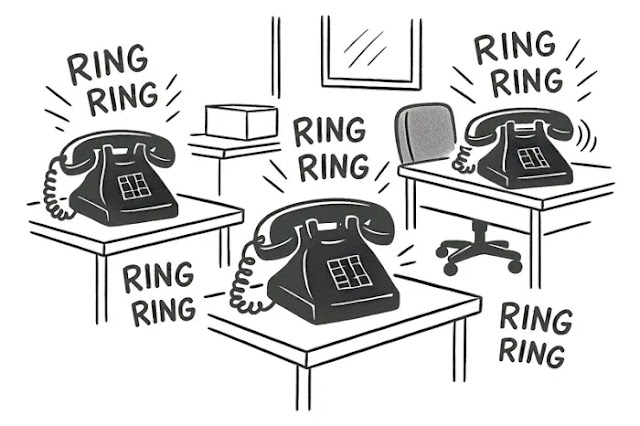Government agencies urgently need to dial up responsiveness when serving the public
RECENTLY, I had to sort out a matter at the National Registration Department (JPN).
I took a day off work and drove to UTC Seremban in Negri Sembilan, where it took a bit of time to find parking.
Upon reaching the service counter, I discovered that the system was down and was told to return the following day.
When I asked how to check whether the system would be operational before making another trip, I was given a phone number to call.
Fair enough, except no one answered the phone despite my repeated attempts at calling the next day.
At around 3pm, I rang the state JPN headquarters to lodge a complaint.
The officer who took my call assured me that they would look into the matter.
About 10 minutes later, the officer called back and told me to go to UTC Seremban again and proceed directly to a specific officer, with no need to queue.
I went the next day and at the end of the process, the officer at the counter asked if I could leave positive feedback for the fast service I had received that day.
I explained that while the final step had been swift, it had taken me three days to resolve an issue that should have taken less than two hours.
There had been no effort by the branch to inform the public of the system failure.
having people show up at the counter only to be turned away, is simply poor practice.
I offered to write constructive feedback on how the department could improve its communication, but I was not given the relevant form.
This was not an isolated incident with a government agency.
Recently, I needed to speak to an officer from a national research institute regarding a news story I was working on.
I called the number listed on their website at various times over the course of several days.
Not once did anyone pick up. There was no alternative number, no automated message, just ringing until it stopped.
Frustrated and with no other option, I visited in person.
Again, more time spent, more resources used, when a simple phone call should have sufficed.
I shared my frustrations with an employee manning the front desk.
out of curiosity, I dialled the number in front of him but the phone on that desk did not ring.
When I asked for the number that connected to the front desk, he said he did not know as he was just sitting in temporarily.
Before leaving, I told the officers how inconvenient it was for the public when phones went unanswered and no other way was given to reach them.
The office is in Kuala Lumpur, which isn’t far from where I work in Petaling Jaya, Selangor.
But what if someone from Johor or Penang wanted to get in touch?
When dealing with government agencies, we often have to take leave from work, travel long distances, arrange childcare and cancel meetings, only to discover that our arrangements had been all for nothing.
This lack of responsiveness not only wastes our time, but also reflects poorly on the professionalism and accountability of public institutions.
It is high time something as basic as answering the phone is given the attention it deserves, as for many, it is the most practical way of reaching out to a government agency.
on that note, I rang the national research institute again recently and this time, the call was answered promptly.
By VIJENTHI NAIR vijenthi @thestar.com.my
Protests in Malaysia: Calls for prime minister Anwar Ibrahim to step down https://youtu.be/qduneQNbKtc?si=MlgWZw2xZtOK2ChN via @YouTube







